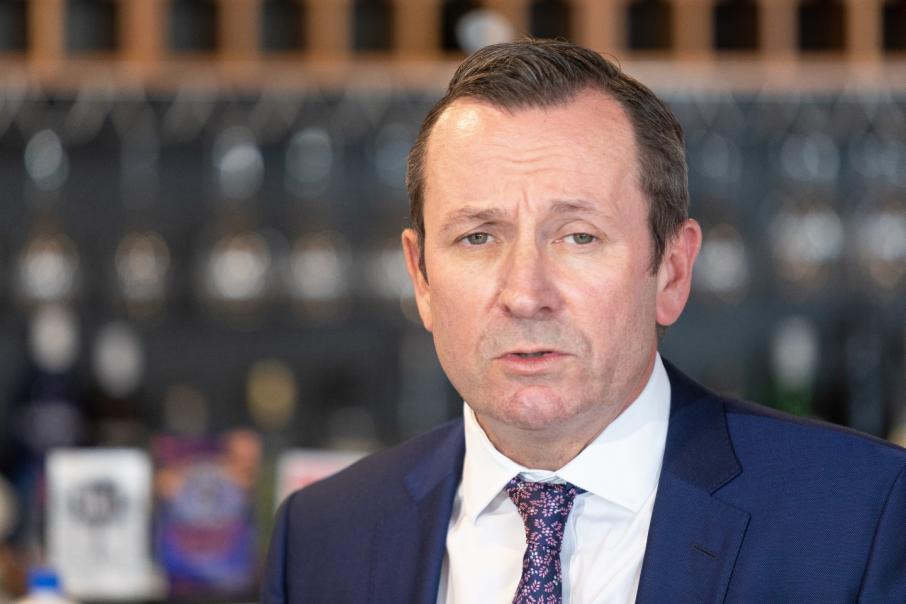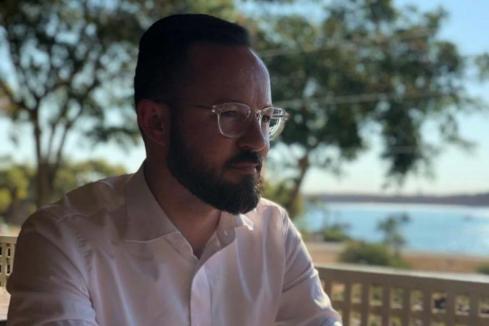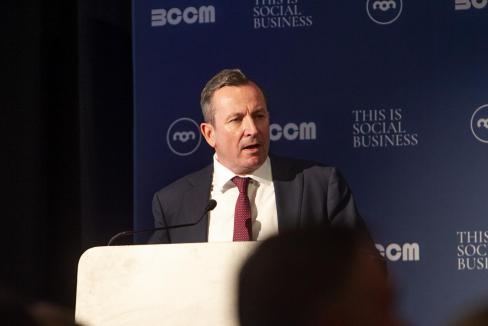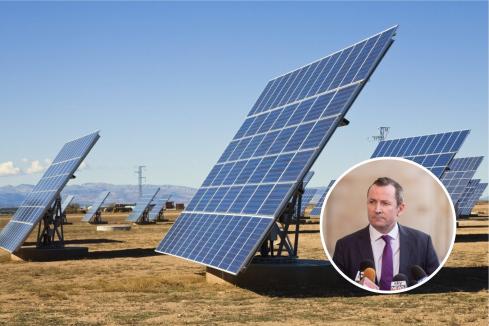OPINION: The WA public is eager to return to life as they remember it pre-COVID, and that involves football.


OPINION: The WA public is eager to return to life as they remember it pre-COVID, and that involves football.
Fans across the country have been eagerly awaiting the return of the football season, whatever decision the AFL made in terms of home and away fixtures.
In many states, the hospitality sector has been waiting in anticipation, too, but not in Western Australia.
On this side of the Nullarbor, the merits of Premier Mark McGowan’s hard border between WA and the rest of the country will come under intense scrutiny, especially during the next six weeks.
That is when the West Coast Eagles and Fremantle Dockers will be based on the Gold Coast, playing matches either at Metricon Stadium at Carrara or the ’Gabba in Brisbane.
That period could be extended, but not before intense debate on more convenient alternatives, including an AFL hub in Perth.
The McGowan government’s decision to close the border to normal interstate travel has been a success. If its goal was to flatten the curve – to contain the spread of COVID-19 – it has worked brilliantly.
Remember that, after the first cases of the virus were recorded in March, the emphasis was on preparing hospital emergency wards and having enough ventilators on hand for the expected tsunami of infected people.
The government moved decisively to minimise the risk of transmission, sealing internal and hard borders, and shutting businesses – a measure that caused significant economic disruption (and pain).
It’s history now that – bar the concerns linked with infections from the cruise ship and live animal export industries, and returning tourists – the virus has been controlled.
Although there can be no complacency, especially with the traditional flu season linked with cold and wet winter conditions fast approaching, the economic and social restrictions can’t go on forever. In fact their stunning success has some questioning whether they were even necessary.
Now, with the Commonwealth government’s free childcare scheme being withdrawn from mid-July, it’s clear the generous concessions introduced to cushion the economic downturn, including JobKeeper and JobSeeker, will be wound back, despite the criticism. The federal budget deficit has already ballooned to record levels.
So, life is returning to normal for most, and it would come as no surprise if more than 100,000 Eagles and Dockers members started agitating to go to the game.
It’s not only the fans; it’s the hospitality industry as well. One of the justifications for the $1.7 billion Perth Stadium project, including the new railway station and Matagarup pedestrian bridge, was to boost interstate tourism. And it has delivered, up until this year.
Interstate visitor numbers jumped, the food and beverage industries prospered, and casual jobs for thousands of mainly young people every weekend during the winter were some of the economic spin-offs from the public investment in the stadium.
There is an undeniable political component to the hard border issue as well.
Public opinion has been strongly supportive of the way the McGowan government has handled the crisis.
This has been reflected in opinion polls, so much so that some predict the result of next March’s state election is a foregone conclusion.
But how long will football fans be happy to watch their teams on television on deserted grounds in Queensland, especially if the rate of new infections remains virtually zero, not only in WA but other states as well?
If rugby league supremo Peter V’Landys succeeds in persuading governments on the east coast to allow the public to attend matches, even with social distancing, the groundswell for change will only build in WA.
However, agitation to open the border and also admit fans to games would have to come from within the state, not outside. Pressure from outside WA could be counterproductive.
The shortened AFL season will run for 16 weeks, extending well into traditionally favourable spring weather, and outside the flu season.
The Kerry Stokes-owned football station, Channel Seven – a stable mate of The West Australian and The Sunday Times – won’t mind the away games. They mean more viewers, more advertising, and more revenue.
It’s the club members and voters, who Mr McGowan must really keep happy – quite a balancing act.
















